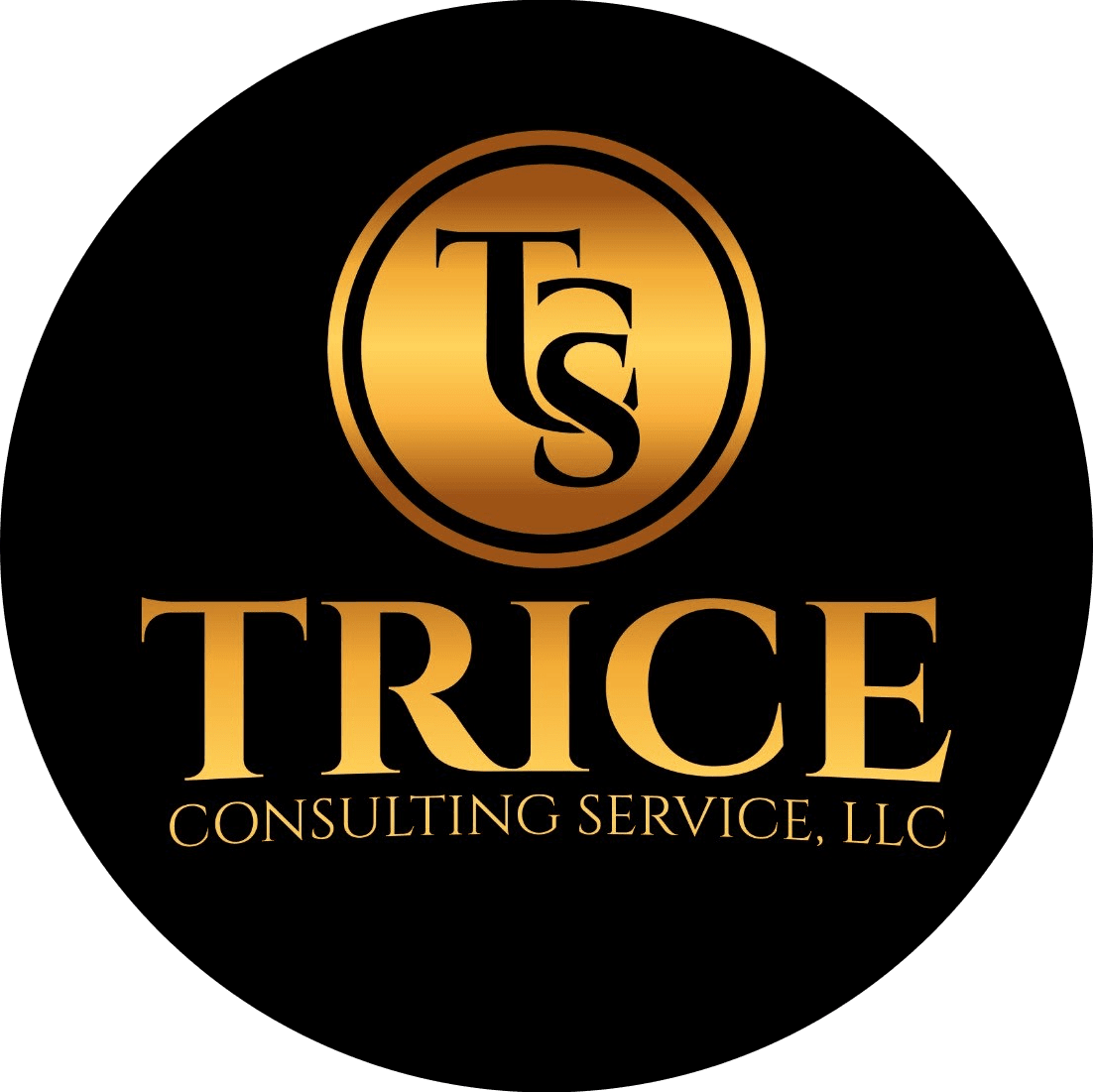Navigating the Waters of Federal Government Contracting: A Guide for Small Businesses

In recent years, the federal government has become an increasingly attractive source of revenue for many businesses. With contracts worth billions of dollars awarded each year, understanding how to effectively do business with the federal government can open doors to growth and stability. In this blog, we'll explore key strategies and insights for small businesses looking to venture into federal contracting.
1. Understand the Landscape
The first step in doing business with the federal government is to understand the contracting landscape. The federal government is a vast entity with a multitude of agencies, each with specific missions and procurement processes. Familiarize yourself with the various government agencies, such as the Department of Defense, the General Services Administration, and others relevant to your industry.
2. Establish Your Business as a Federal Contractor
Before pursuing federal contracts, you must ensure your business is properly registered. The following steps are essential:
- Obtain a DUNS Number: This unique identifier is necessary for financial transactions and is required for federal contracts.
- Register in SAM: The System for Award Management (SAM) is the primary database of vendors doing business with the federal government. Registration is essential for bidding on contracts.
- Identify Your NAICS Code: The North American Industry Classification System (NAICS) code classifies your business based on industry type. Choosing the correct code is crucial for finding relevant contract opportunities.
3. Learn About Set-Aside Programs
The federal government has initiatives to support small businesses through set-aside programs, which reserve a certain percentage of contracts for small businesses, women-owned businesses, veteran-owned businesses, and economically disadvantaged businesses. These programs aim to level the playing field and promote diversity in federal contracting.
4. Develop a Strong Capability Statement
A well-crafted capability statement is your business's calling card in the federal contracting world. This one- or two-page document should highlight your company’s core competencies, past performance, differentiators, and relevant experience. Ensure it is tailored to the agencies and contracts you are targeting.
5. Leverage Networking Opportunities
Networking plays a crucial role in building relationships within the federal contracting arena. Attend industry conferences, trade shows, and local government outreach events to connect with government representatives and other contractors. Building a network can lead to collaboration opportunities and valuable insights into upcoming contracts.
6. Use Online Resources to Find Opportunities
The federal government posts contract opportunities on several websites, including:
- Beta.SAM.gov: The primary site for federal procurement notices and business opportunities.
- GSA Advantage: An online shopping platform that provides access to millions of commercial products and services.
- FedBizOpps: A resource for businesses to find federal procurement opportunities across all agencies.
Regularly browse these sites and set up alerts for contracts relevant to your business.
7. Price Your Services Competitively
Pricing is a critical aspect of winning federal contracts. Ensure your pricing is competitive while still allowing you to make a profit. Understand the federal budgeting process and the expectations for pricing in government contracts, which often include Fixed Price, Cost-Reimbursement, and Time-and-Materials contracts.
8. Prepare for Compliance and Audits
Doing business with the federal government comes with compliance requirements and the possibility of audits. Ensure you have strong accounting practices, maintain transparent records, and understand the Federal Acquisition Regulation (FAR) that governs federal procurement. Non-compliance can lead to disputes and loss of contracts.
9. Build Your Reputation
As you begin to work on federal contracts, focus on building a strong reputation for reliability and quality. Delivering excellent service can lead to repeat business and referrals within the government sector.
10. Stay Informed
Finally, the world of federal contracting is ever-changing. It’s important to stay informed about new regulations, policies, and trends in government procurement. Subscribing to relevant industry newsletters, joining professional associations, and taking advantage of training opportunities can keep you ahead of the curve.
Conclusion
Engaging in federal contracting can be a rewarding path for small businesses willing to navigate the complexities of government procurement. By understanding the processes, establishing a solid foundation, and continuously developing your strategies, you can position your business for success in this exciting arena. With perseverance and strategic planning, federal contracts can provide a sustainable revenue stream and growth opportunities for years to come.
Contact Me
Connect With Me
I invite you to reach out with any questions or inquiries regarding my consulting services. Your journey toward success begins with a conversation, and I look forward to discussing how I can assist you in achieving your goals.
